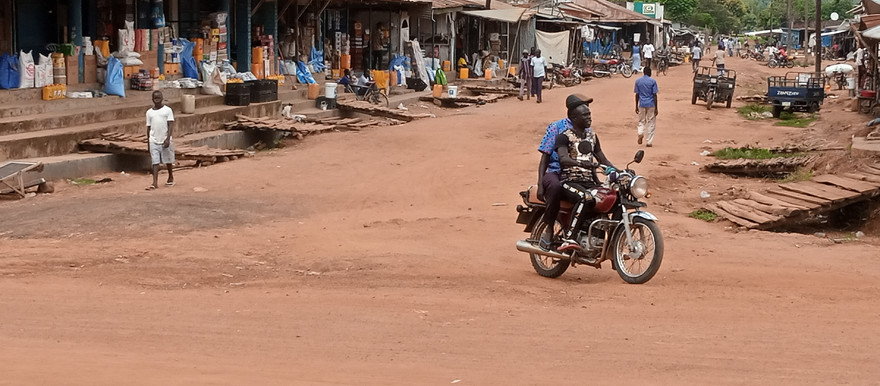Several traders in South Sudan’s Yei River County of Central Equatoria State closed their businesses as the South Sudanese Pound continued to sharply devalue against the United States dollar.
Last week after an emergency extraordinary cabinet meeting, the government appealed to traders to keep their shops open amid market pressures sparked by the free-falling currency.
But, the traders inside Yei town told Radio Tamazuj that they would only resume business once the South Sudanese currency regains its value. Traders use the dollar to import goods into South Sudan.
Mohamed Alfathi, who sells construction materials at the market in Yei told Radio Tamazuj on Friday, they cannot sell their goods like before because they would incur huge losses.
“We have closed because the market is operating out of hand. The dollar exchange rate is extremely high, 100 dollars is now exchanged at 65,000 SSP and the goods we have in stock can no longer help us to buy other goods. We urge the government to address this issue with seriousness because we don’t know what will happen tomorrow,” he pleaded.
Another trader, Moses Taban faulted the government for the country's poor economic situation. He said the government's poor economic policies have led to the skyrocketing of market prices.
“You cannot decide and publically announce a currency change plan, you cannot declare bankruptcy to the public as a government. And, also, the weak financial institutions and control of our business economy by foreigners contributed to this big mess in the country,” Taban added.
Edward Luba, chairperson of the Yei Chamber of Commerce appealed to all traders in the area to open their shops and sell to the people at reasonable prices.
He said, “We have to continue operating and open our businesses to our customers despite high prices in the market. Besides, closing shops for the public is against business laws and sell at reasonable prices until some changes in the future.”
Luba urged the central government to provide immediate and long term solutions for the current currency fluctuations affecting the purchasing power of the ordinary people and traders in the country.
The Council of Ministers last Friday adopted a resolution that all payments in the country be made in the local currency, as part of efforts to overcome a crippling economic crisis. The local currency, the South Sudanese pound, has tumbled rapidly, driving prices of commodities higher.




